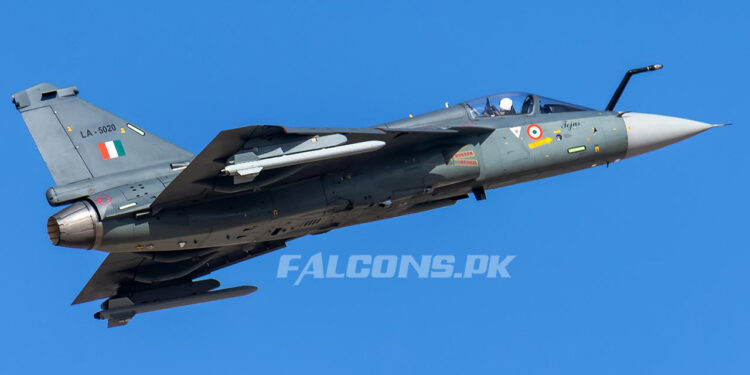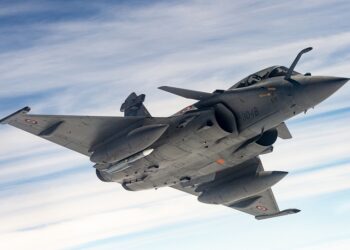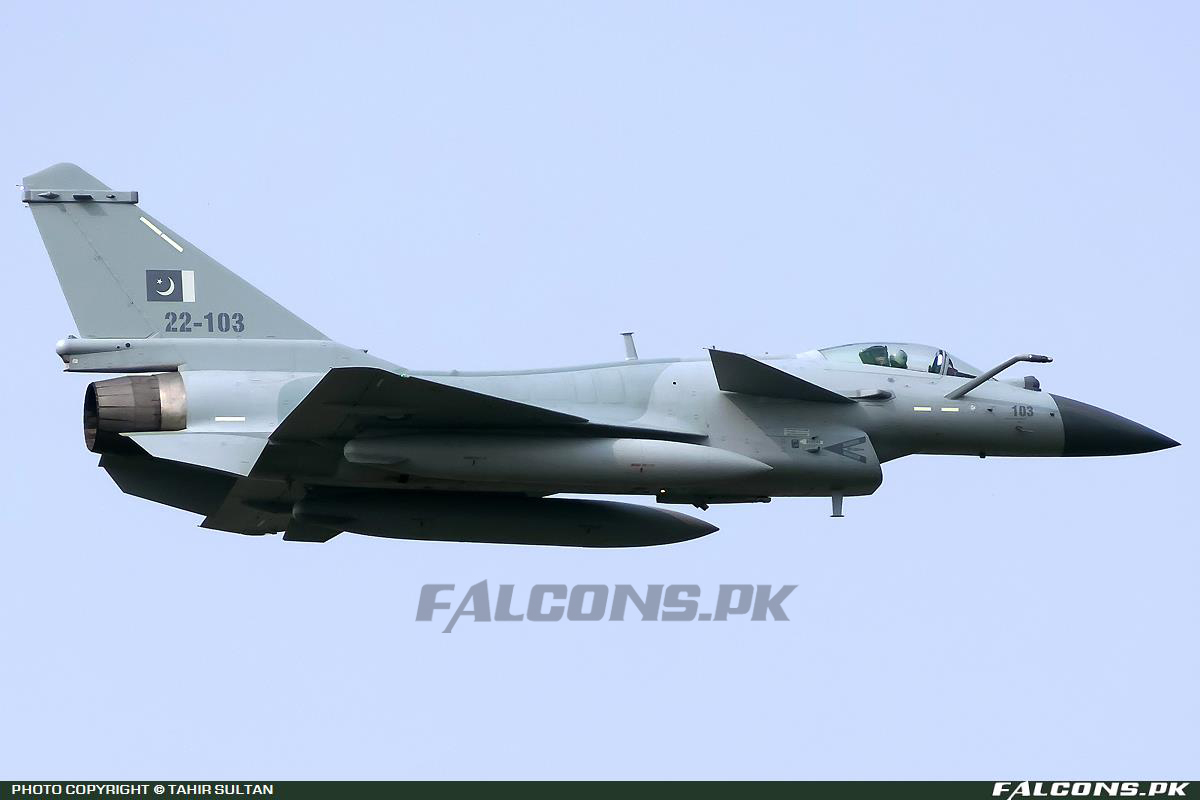By Emilia Stankeviciute
The United States has granted approval for the manufacturing of F414 jet engines in India ahead of a visit to the US by the Indian Prime Minister, according to the Hindustan Times.
The process of notifying the US Congress about the impending Memorandum of Understanding to be signed between General Electric (GE) and India’s Hindustan Aeronautics Limited (HAL) to co-produce jet engines should take about two weeks.
This deal is meant to boost HAL’s next-generation Tejas Mk2 fighter jet project, which granted authorization for production in September 2022 and reportedly gained interest from at least 16 countries.
Currently, Tejas jets are equipped with a lower power output, generating 53.9 kilonewtons (kN) of dry thrust and 82 kN with an afterburner. In contrast, the GE-made F414 achieves 98 kN with an afterburner, offering improved fuel efficiency due to higher thrust.
Under the new agreement, the Indian Air Force (IAF) can secure funds for the mass production of the Tejas Mk 2. Previously, the Indian government insisted that funds would only be made available once the US government approved a complete engine technology transfer.
Moreover, the move is expected to be a turning point for bilateral relations between the two nations, as access to critical American technologies is rarely shared with non-allies.
Indian Prime Minister Narendra Modi is set to start his first official state trip to the US on June 21, 2023, visiting the UN headquarters in New York before heading to Washington DC.
India’s Foreign Secretary, Vinay Mohan Kwatra, emphasized the importance of this visit at the press briefing: “We are determined and targeted to move to the new domains of the strategic partnership, which are crucial not just for partnership between our two societies, two countries, and two systems but which would be net positive contributors to developments in the world,” he said.
Also on the agenda for the three-day visit are other major announcements, including confirmation regarding India’s $3 billion purchase of 31 armed MQ-9B SeaGuardian drones made by the US’ General Atomics.
Under discussion will be potential US-India partnerships in semiconductors, cyberspace, aerospace, strategic infrastructure, commercial space projects, quantum computing, and the use of artificial intelligence in the defense field.
These developments signify a deepening cooperation in defense and technology industries, with implications for regional security and the balance of power in the Indo-Pacific region.
Following the engine deal settlement, the Tejas Mk 2 fighter jet should fulfill its induction deadline of 2028, as outlined by the Indian government.






